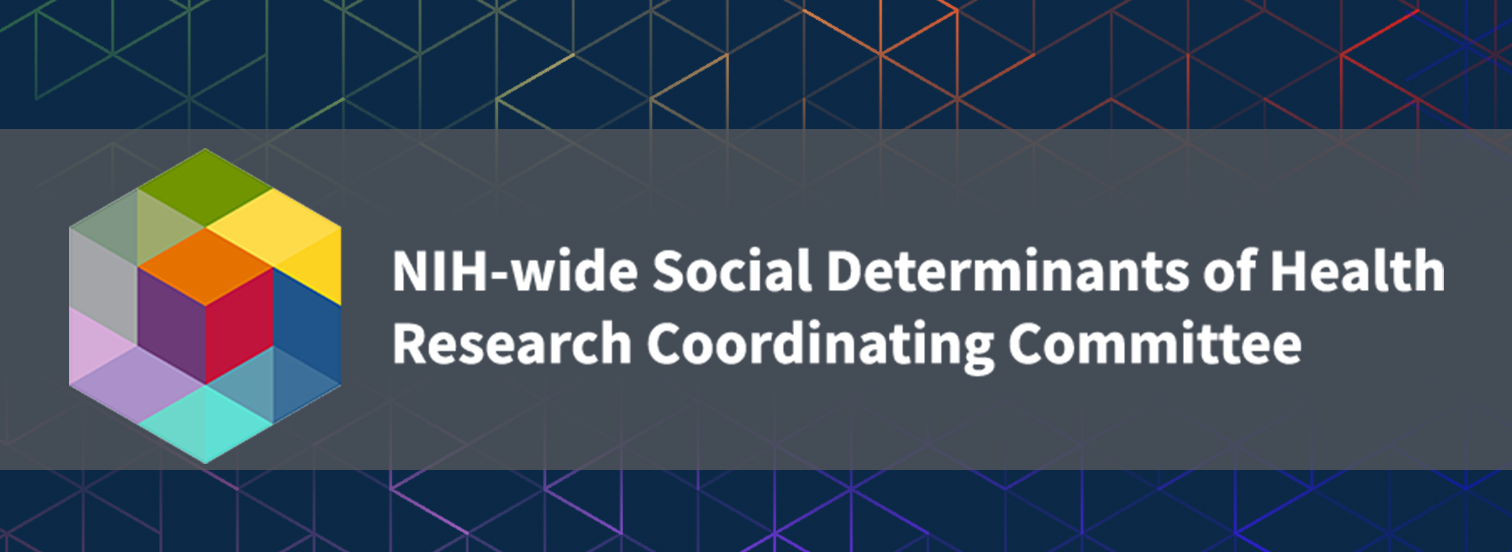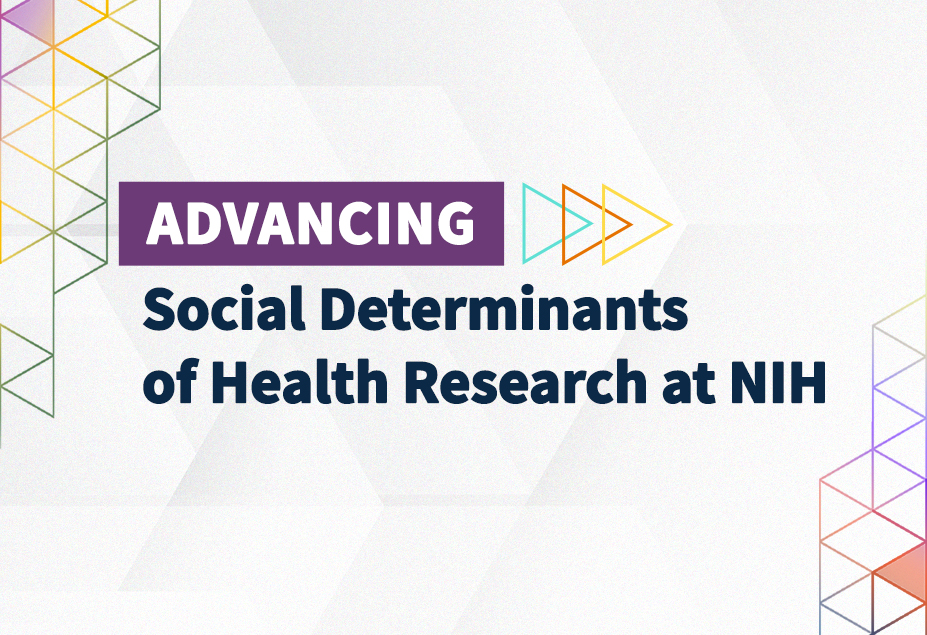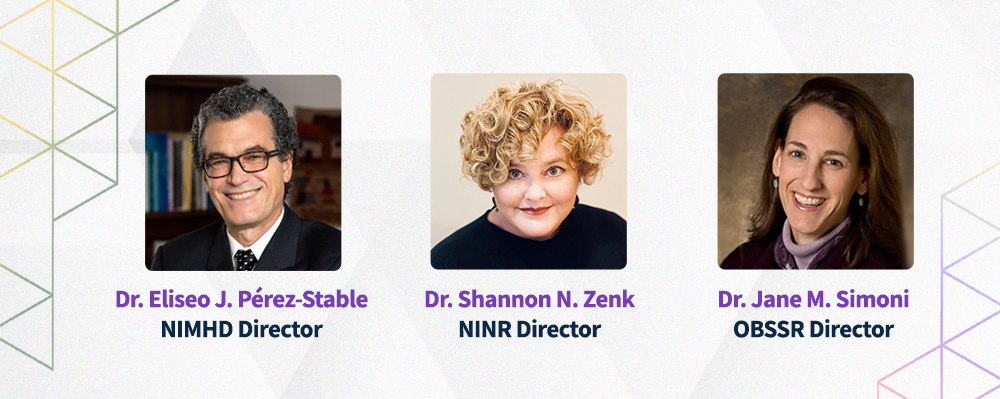
The NIH-wide Social Determinants of Health Research Coordinating Committee (SDOH RCC), established in 2022, was created out of an urgent need to develop a coordinated strategy to propel discoveries to improve individual and population health, reduce health disparities. Growing out of a grassroots effort by staff across NIH, the RCC’s overarching goal is to accelerate NIH-wide SDOH research across diseases and conditions, populations, stages of the life course, and SDOH domains. It is also focused on effectively leveraging SDOH investments, innovations, and equities across NIH Institutes, Centers, and Offices (ICOs) to advance discoveries in this dynamic multi-disciplinary scientific field, ranging from foundational research to discovery science and to applied and implementation research.
To achieve its goals, the SDOH RCC outlined the following objectives:
Facilitate
Facilitate sharing of information about SDOH research across NIH and with Federal partners.
Develop
Develop SDOH expertise, capacity, and a learning system at NIH.
Build
Build community and collaborations in SDOH research across NIH and with Federal partners.
Identify
Identify gaps and promising SDOH research directions.

Accelerate
Accelerate SDOH research across NIH
(across diseases and conditions, populations, life course, SDOH domains)
A conceptualization of social determinants of health (SDOH) was developed by the NIH-wide SDOH Research Coordinating Committee (RCC). The SDOH RCC determined that a unified conceptualization of SDOH was essential for NIH-wide coordination and strategic growth of the evidence base for SDOH impacts on health, advancement of methods, and intervention development and testing. The conceptualization builds on existing SDOH frameworks and concepts but is refined to help the NIH effectively communicate with the scientific community and, over time, continue to strengthen and expand a framework for SDOH research. In addition to drawing from extant SDOH frameworks, the conceptualization was informed by relevant literature and by subject matter experts from across the NIH. See below for NIH’s conceptualization of SDOH.
Social determinants of health (SDOH) are the conditions in which people are born, grow, learn, work, play, live, and age, and the wider set of structural factors shaping the conditions of daily life. These structural factors include social, economic, and legal forces, systems, and policies that determine opportunities and access to high quality jobs, education, housing, transportation, built environment, information and communication infrastructure, food, and health care; the social environment; and other conditions of daily life.
- SDOH can improve, maintain, or hinder health through multiple direct, indirect, and interacting mechanistic pathways.
- SDOH may interact with other determinants of health, such as biological, psychological, behavioral, and chemical and other environmental factors, to further promote or compromise health.
- SDOH influence family- and individual-level social and economic circumstances, such as income, educational attainment, access to digital tools and broadband, nutrition security, and housing stability. When unfavorable or adverse, these circumstances are considered social risks or, when prioritized by individuals in the context of health care, social needs (e.g., low income, housing instability).
- SDOH may have different health consequences within and across populations due to differences in exposure or susceptibility to health-promoting and health-compromising conditions of daily life.
- Addressing SDOH is relevant to population, community, and individual health and to reducing health disparities.
NIH added Social Determinants of Health as a new category in its Research, Condition, and Disease Classification (RCDC) system in 2020, and the 2021-2025 NIH-Wide Strategic Plan calls for foundational science on how social exposures and experiences alone, and in combination with biological and behavioral factors, impact human health.
With participation from over 20 NIH Institutes, Centers, and Offices (ICOs), the SDOH RCC represents a coordinated and collaborative initiative to accelerate domestic and global research to better understand the multiple and interacting social, psychological, behavioral, and biologic mechanisms through which SDOH affect outcomes and to identify effective interventions at multiple levels across diseases and conditions over the life course.







